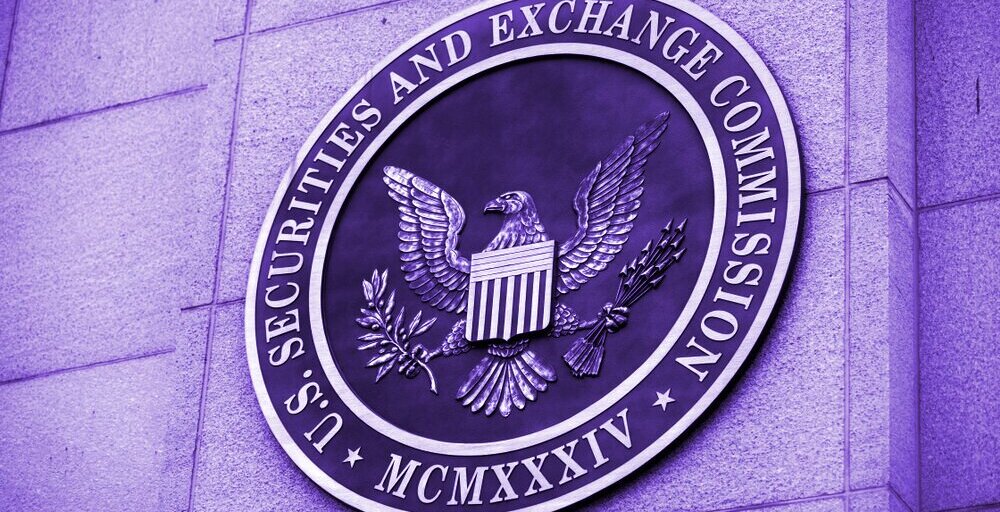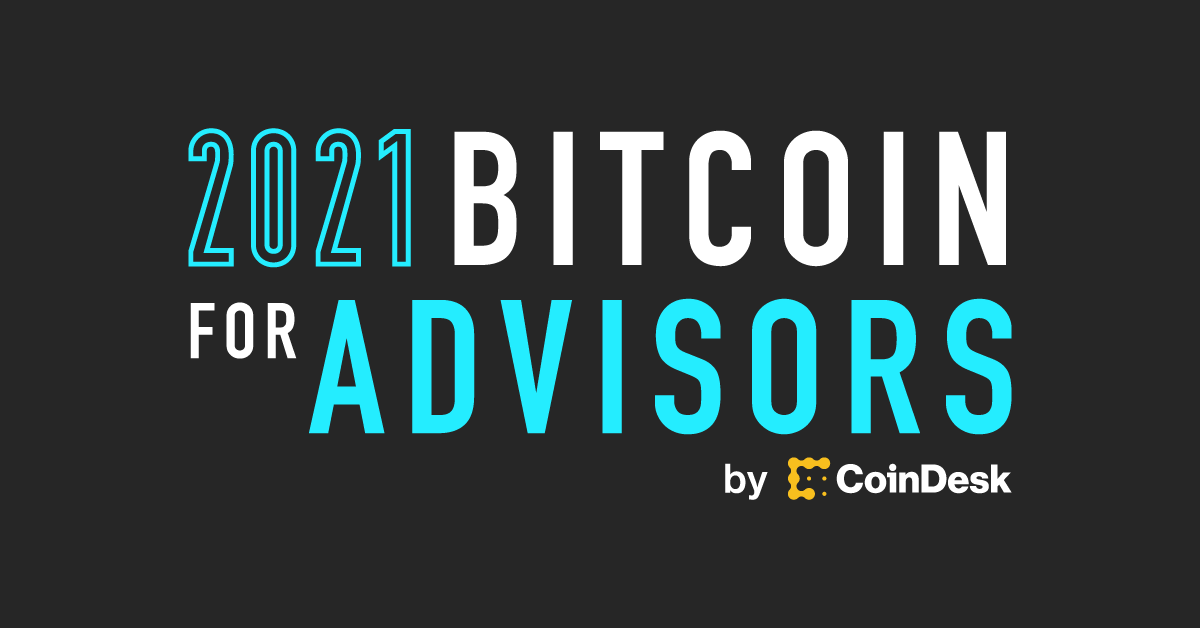Welcome back to the weekend round-up and be sure to read all the way until the end with crypto learning opportunities. There was no shortage of action in digital assets this weekend. Many of these stories broke on Friday and we learned more as the weekend went on. Closer to home it was a big weekend for Arbor Digital as our new website launched! Be sure to check us out at www.arbodigital.io as this isn’t just a website launch, we have made available a lot of the work we have been doing since February and will continue to do so. Integral parts of our value system are collaboration, transparency, and collective intelligence. We are positioning ourselves as an investment offer of the future and will continue to build towards that as we grow. Be sure to bookmark us as we have a treasure trove of content to be releasing as we head into the end of the year.
Weekend ETH Prices
ETH Friday at 5pm: $3,273
ETH Weekend Low: $3,270
ETH Weekend High: $3,474
ETH Price as of posting: $3,324
Performance YTD: +350.36%
Weekend BTC Prices
BTC Friday at 5pm: $47,480
BTC Weekend Low: $47,296
BTC Weekend High: $48,933
BTC Price as of posting: $47,685
Performance YTD: +60.48%
Now let’s look at what news came out of this weekend:
- Regulatory Update: Bitcoin ETF update, Powell says no plans to ban crypto in the US, Stablecoins receiving bank-like regulation, Tax Code Section 6050I within infrastructure bill
- DeFi Lending protocol Compound: Contract bug sends $90 million to random users, COMP CEO handles it poorly, test of governance and decentralization to come
- Coinbase: New details about the August phishing attack come to light, Coinbase’s response, and update on the bond offering
- Learning Opportunities: Bitcoin for Advisors and Crypto For Culture
Crypto Regulatory Update
Reported on Sunday by William Suberg of Cointelegraph, “A Bitcoin exchange-traded fund has a 75% chance of being approved this month — in some form. In comments, this weekend, senior ETF analyst for Bloomberg Eric Balchunas said that United States Bitcoin futures ETFs were “likely on schedule” for the regulatory green light.”
Why such a high %? In short, because it’s Gary Gensler’s preferred choice. An ETF investing in futures contracts would trade on the CME and register under the Investments Company Act of 1940, which for Gensler, “provides significant investor protections”. While any ETF approval is seen as bullish, a futures-based ETF isn’t nearly as bullish. In a tweet from Eric Balchunas, ETF analyst for Bloomberg, Bitcoin futures mutual fund BTCFX launched 43 days ago and only has $15 million in assets under management, compared to $1.2 billion gathered by physically-backed Canadian ETF BTCC in its first 43 days. Looking at trading volumes of GBTC, BTCC, and even MicroStrategy stock (which often acts as a proxy for Bitcoin exposure) compared to futures trading, there is clearly more investor demand for an investment vehicle based on Bitcoin’s spot price.
“What do you think approval of a Bitcoin ETF will do to demand for an actively managed portfolio like yours?” Is a question we are asked often by CIO’s, committees, and analysts from firms conducting due diligence. Our answer: It would be great for our portfolios and increase demand. In markets that trade 24 hours a day, 7 days a week, 365 days a year, and are still highly inefficient, an investment vehicle that operates on traditional rails would continue to strengthen our value proposition. Anything that increases digital asset adoption is a positive for active management. Based on the data and investor demand we think a US-approved, physically-backed ETF would do more for Bitcoin adoption than a futures-based ETF would. We do think the futures-based ETF will be approved either in Q4 this year or Q1 2022 but won’t be the catalyst that takes Bitcoin into the next stage of adoption. As it stands right now applications extended to the end of 2021 are:
- Global X Bitcoin Trust extended to November 21st
- Valkyrie XBTO Bitcoin Futures Fund got extended to December 8th
- WisdownTree Bitcoin Trust extended to December 11th
- Kryptoin Bitcoin ETF extended to December 24th
During a congress testimony this week Fed Chair Jerome Powell said the Central Bank has no plan to ban crypto. We see this as a boost of confidence the markets needed especially as we continue to see China continue its opposite stance. The door is wide open for the US to step through and lead the rest of the world innovating in the space. Whether they step through and enact thoughtful policymaking remains to be seen. If they don’t and continue regulation by enforcement there will be more pain in the short term and delay adoption. In that vein, we received confirmation that regulators are looking to bank-like regulation for stablecoin issuers. In a round-up back on July 19th, we specifically focused on this and it looks as though it is playing out. Be sure to go back and check this out as well as see the link below.
Lastly on the regulatory front, this weekend on the Breakdown podcast hosted by NLW, he reviewed a lesser-known tax change tucked away in the infrastructure bill regarding Tax Code Section 6050I. He went through a very thoughtful piece written by Peter Van Valkenburgh at Coincenter, which you can see below. Our hope after reviewing ourselves is that debate continues and provisions come into the infrastructure bill regarding this and the broker definition. This is not an example of a careful and thoughtful approach to the regulation of digital assets. As it stands the bill’s vote was delayed this past Friday and remains in limbo.






Compound Contract Bug
A risk we highlight in conversations with advisors is smart contract risk or technology risk. This risk is associated with the early-stage deployment of new technology. A prime example of this is what happened with DeFi lending protocol Compound last week. While many outlets have reported on this already, which you can get caught up below, what came out this weekend was how the community reacted to CEO Robert Leshner’s actions when the bug happened. This is important because questions regarding decentralization and governance now hover over Compound. Leshner’s actions could have long-term macro implications on the regulation of DeFi inevitably coming in the years to come. In the micro, we are paying very close attention to how governance is executed to handle this evolving situation. Proposals were published by Compound Labs and voting has commenced. You can follow governance here: https://compound.finance/governance
True decentralization has always been a question to those in the space but this catapults it to the forefront. “Compound is managed by a decentralized community of COMP token-holders and their delegates, who propose and vote on upgrades to the protocol.” as stated on their own website. Is Compound actually managed this way? It seems one person has the power to enact something like reporting users in a centralized way to a centralized entity like the IRS. We will be paying close attention to how this situation evolves.


Coinbase Accounts
New details have emerged regarding the phishing attack targeted on customers with Coinbase accounts. “In the letter, Coinbase says hackers gained access to victims’ email accounts and then used those compromised accounts in order to drain those users’ cryptocurrency. Even though Coinbase requires a widely-used security feature called “two-factor authentication,” the SMS version of this—in which users receive a text message to confirm a transaction—broke down.” Coinbase has promised to make users who were affected whole though.
If you engage in digital assets in any way shape or form you need to upgrade your identity, computer, and network security. Instead of using SMS texts as your two-factor authentication we highly recommend using an authenticator app or an external hardware device. Another action step to take is becoming phishing and scam savvy. A UK-based organization called Take Five was created for this purpose. Please check them out below to become more scam savvy.


Digital Asset Learning Opportunities
- Getting Ready for The FATF’s Upcoming Virtual Asset Guidance on Tuesday, October 5th at 11 am ET. You will hear from leading industry experts from Elliptic, Blockchain Association, Zodia, and BitGo, as they discuss the impact of the anticipated changes to the FATF’s guidance, including:
-
- What it means for DeFi
- New requirements for VASP due diligence
- The latest developments on the Travel Rule, and how the industry is responding

2. Bitcoin for Advisors on Wednesday, October 6th from 8am-6pm ET. Bitcoin for Advisors equips investment advisors with the tools to best understand how bitcoin, ethereum, and other digital assets can successfully impact their clients’ portfolios.

3. Crypto for the Culture on Thursday, October 7th from 12pm-8pm ET. Crypto for the Culture Diversity Conference is taking place virtually on October 7th and is set to be the largest diversity crypto conference online! Topics will include Blockchain, NFT/Games, Success Stories, Crypto Security, Tokenomics, Careers in Crypto, Crypto Legislation/Governance, Trading, Technical Analysis, How to Research an Alt Coin, How to read a whitepaper, Staking examples, Defi, Web 3.0, Remittance, Crypto Funding.

Thank you for reading this all the way through. Be sure to tell someone today you care about them!
Stay safe, healthy, and happy!




